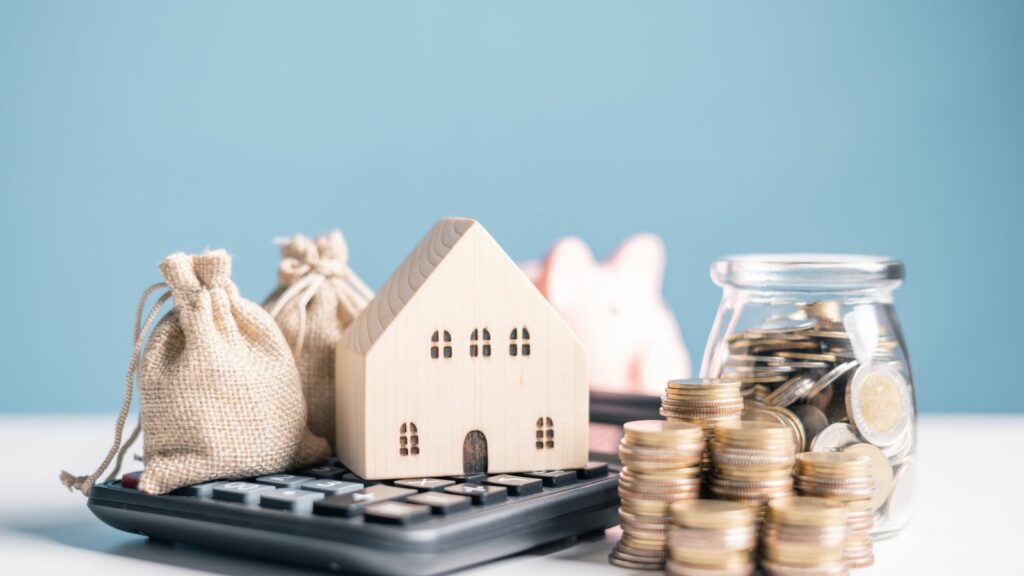From soaring property values to historically low inventory, the dynamics have shifted in favor of those who already own homes. Whether they’re cashing in, leveraging equity, or simply enjoying the stability of fixed payments while rents skyrocket, homeowners have advantages renters can only dream of. Here are 20 reasons Canadian homeowners are holding all the power:
Skyrocketing Home Equity
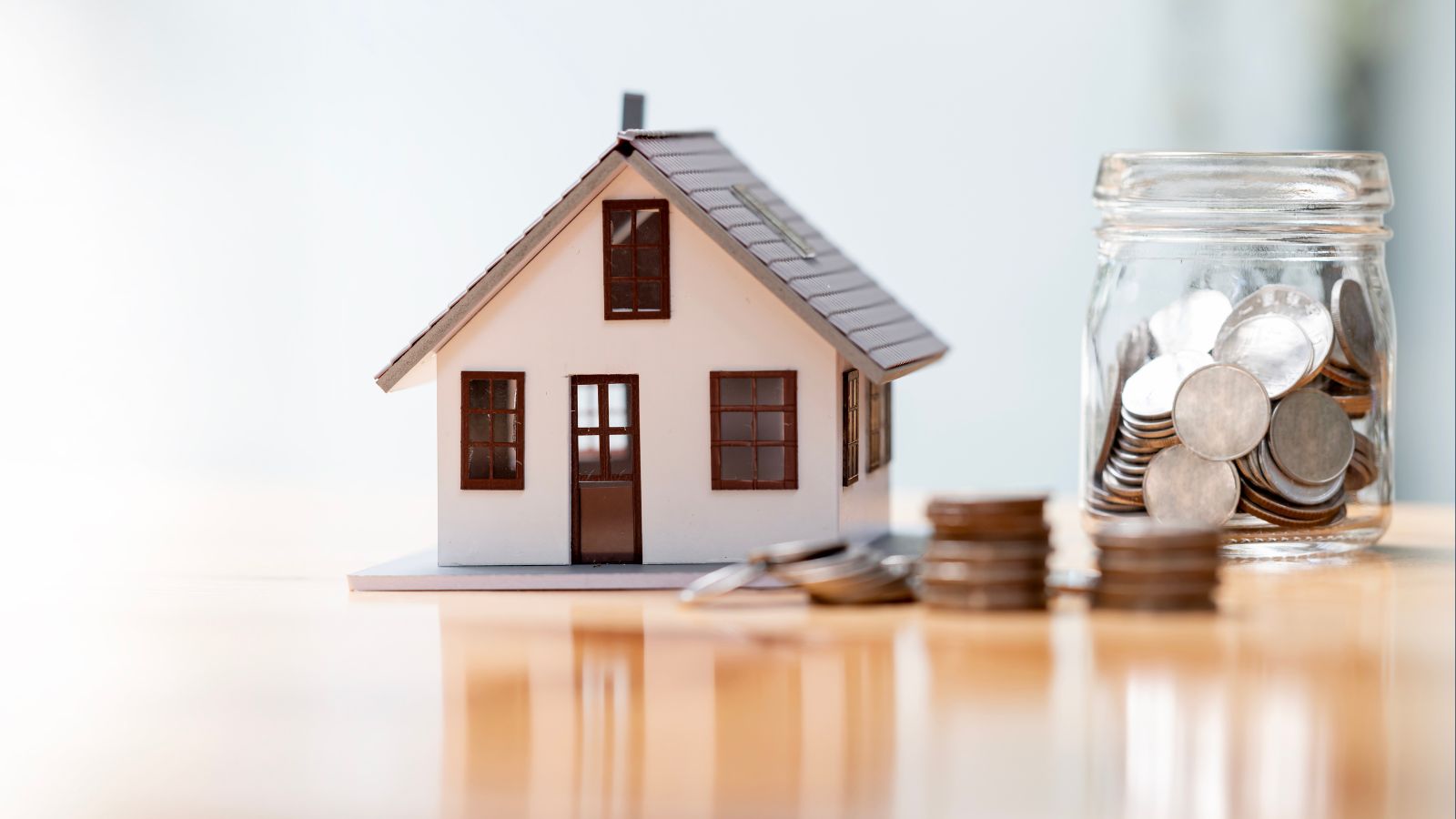
With property values in many regions climbing sharply over the past decade, homeowners are sitting on significant equity. This built-in wealth provides both financial security and flexibility, allowing them to refinance, fund renovations, or invest elsewhere without dipping into savings. In competitive urban markets, even modest homes have appreciated enough to create a substantial safety net. For many, this equity acts as a financial cushion against rising costs, giving them more leverage than renters when navigating uncertain economic conditions.
Limited Housing Supply
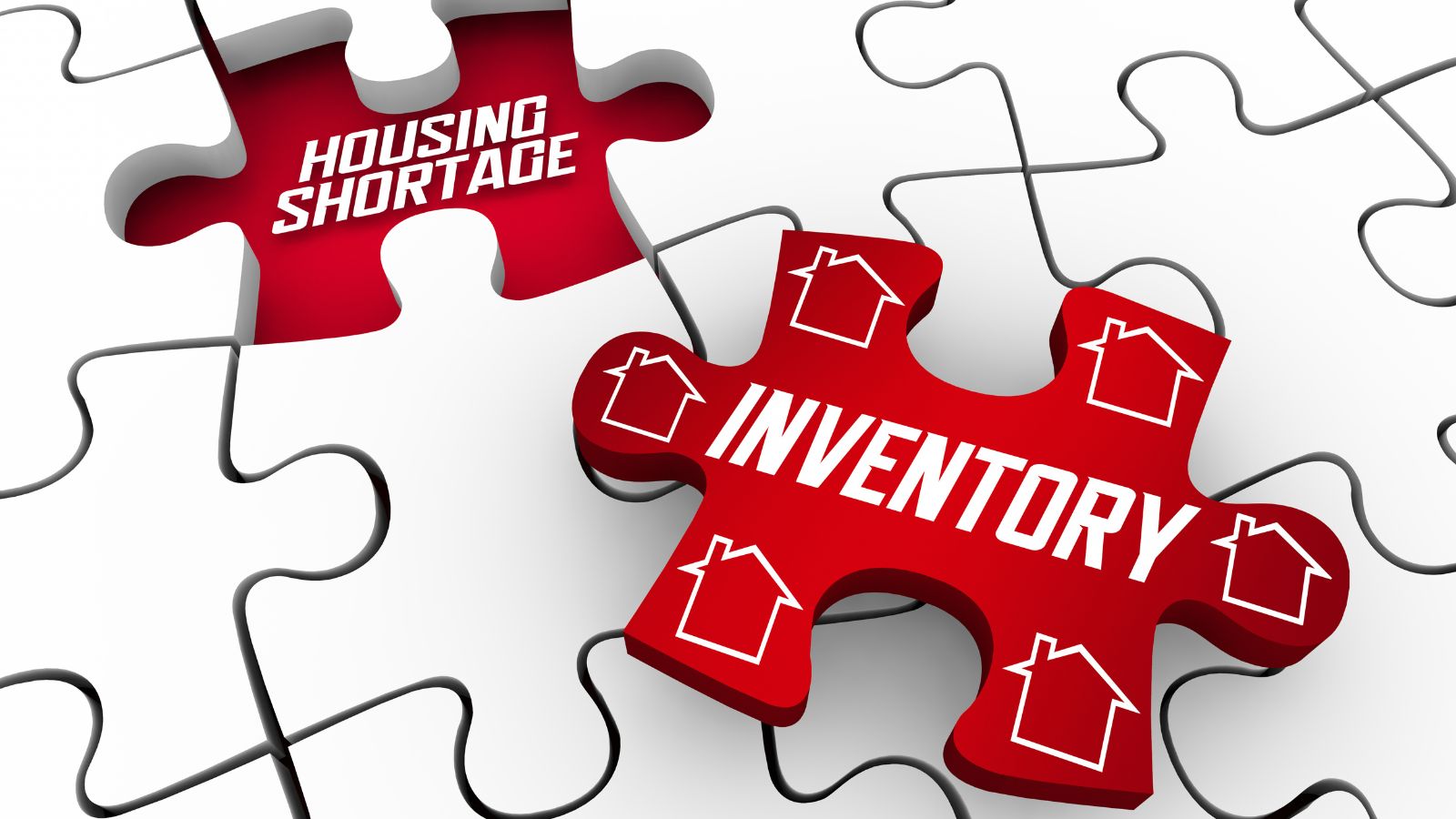
Inventory across much of Canada remains historically low, giving sellers the upper hand. In many regions, homes are receiving multiple offers within days, often above the asking price. This scarcity means homeowners can dictate terms, from price to possession dates, with buyers competing for limited options. Even in smaller towns, low supply is pushing prices up and protecting homeowners from significant downturns.
Strong Rental Demand
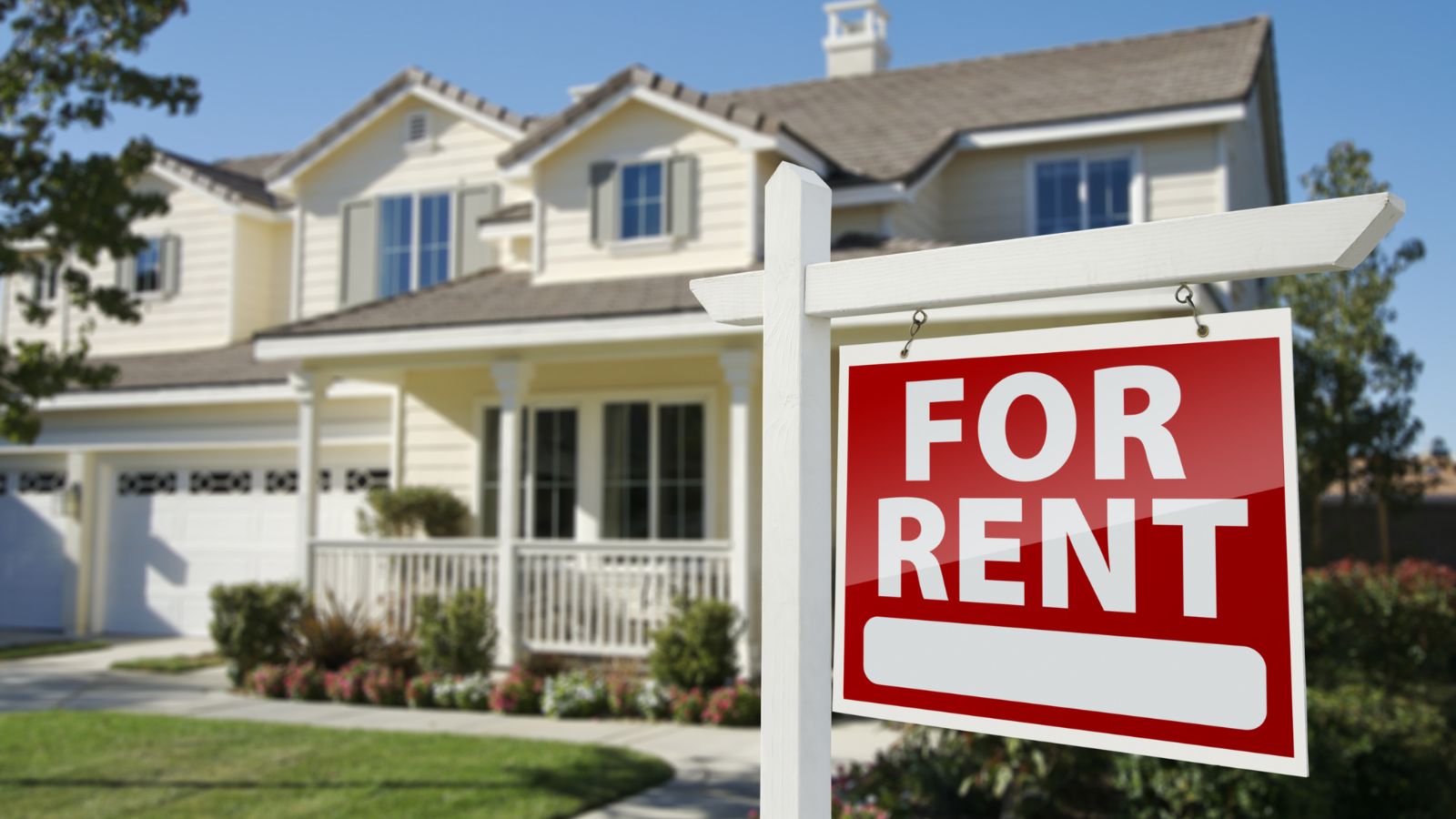
With rents hitting record highs across the country, homeowners who choose to rent out their properties are seeing excellent returns. This demand isn’t limited to big cities, as smaller communities near universities, job centers, or tourist attractions are also commanding premium rents. Many homeowners are turning basements, secondary suites, or investment properties into steady income streams. This flexibility to generate passive income, while their property continues to appreciate, places them in a far stronger financial position than renters.
Protection from Rising Rents
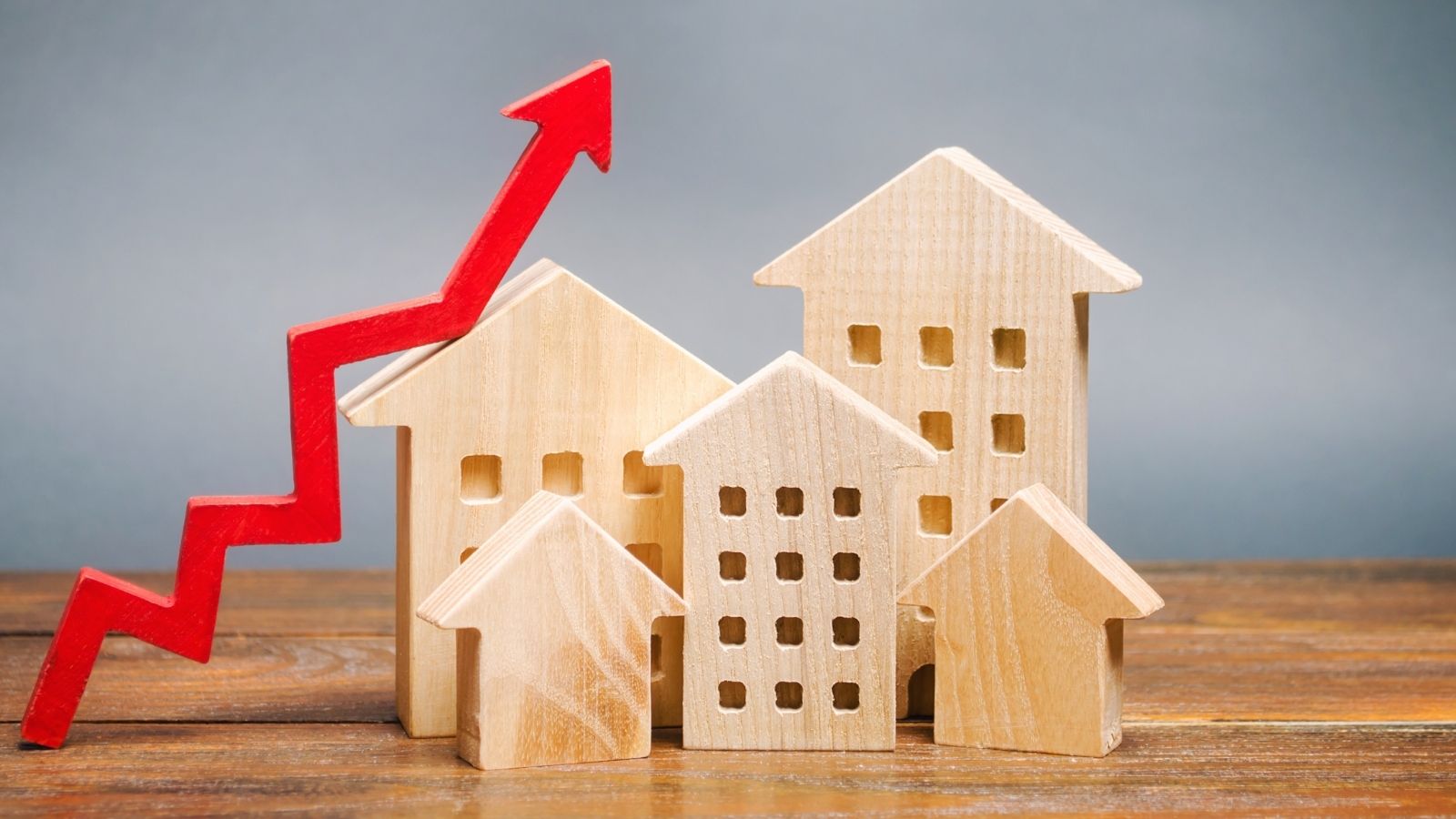
While renters face annual increases that can strain budgets, homeowners with fixed-rate mortgages enjoy stable monthly payments. This predictability shields them from inflation in the rental market, making long-term financial planning easier. Even with variable-rate mortgages, many owners have built enough equity to refinance into more favorable terms. The contrast between rising rents and fixed housing costs means homeowners are effectively saving thousands per year compared to renting.
Ability to Leverage Equity
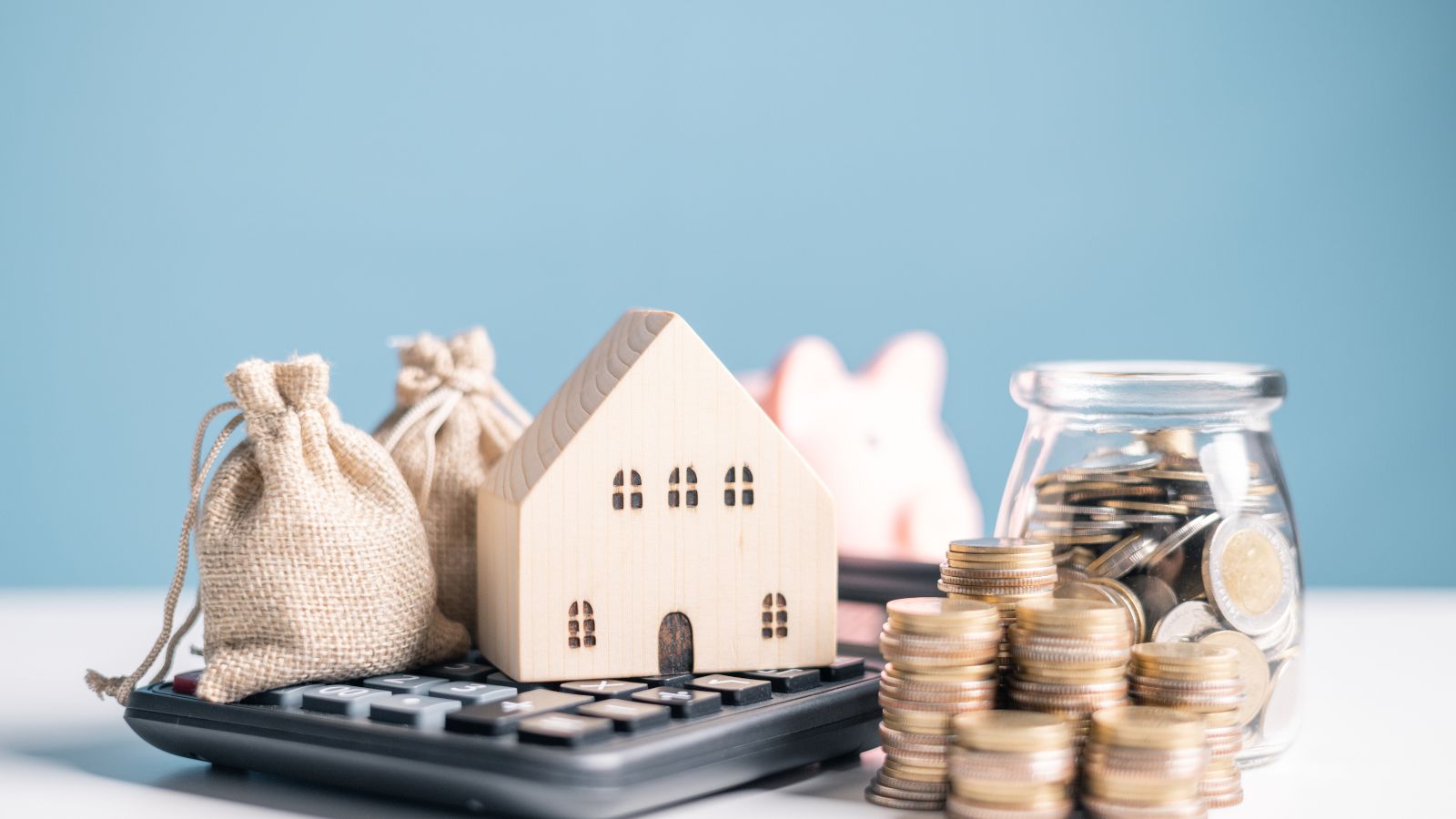
Homeowners have a unique financial tool at their disposal, with the ability to borrow against their property’s value through home equity lines of credit (HELOCs) or refinancing. This access to low-interest capital allows them to fund renovations, invest in additional properties, or cover major expenses without resorting to high-interest loans. For many Canadians, this has meant building wealth through strategic investments funded by their own home’s appreciation.
Favorable Selling Conditions

The current real estate climate gives sellers significant control over negotiations. Homes in desirable neighborhoods often sell quickly and for prices well above asking, with buyers waiving conditions to secure deals. This seller’s market allows homeowners to be selective, waiting for the right offer rather than settling. Even in cooling markets, the overall demand for well-located properties keeps conditions advantageous for sellers.
Tax-Free Profit on Principal Residences
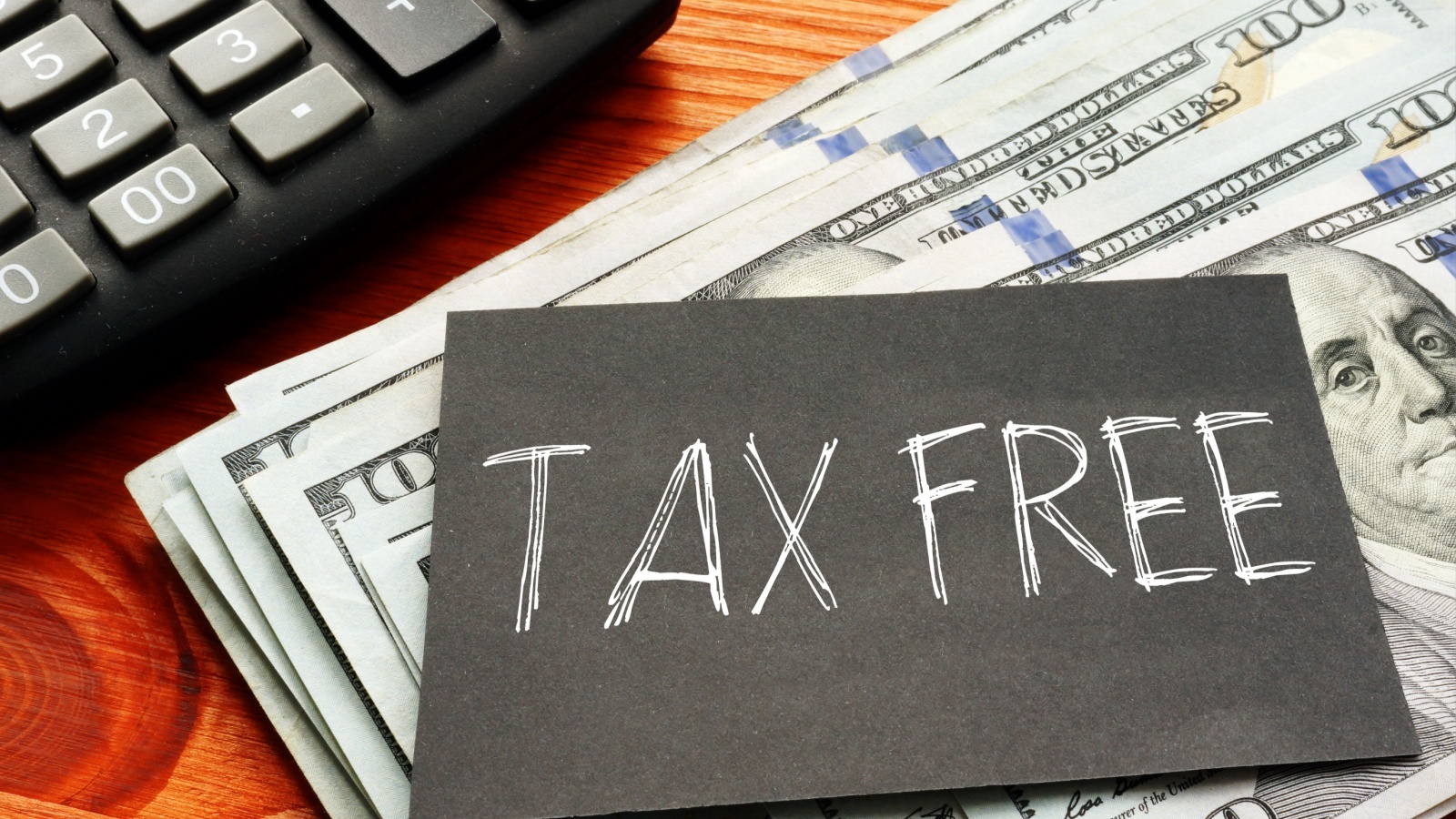
One of the biggest advantages homeowners enjoy is the principal residence exemption, which allows them to sell their primary home without paying capital gains tax on the profit. For those who’ve owned their homes for years, this can mean hundreds of thousands in tax-free income, which is a benefit renters cannot access. It’s an incentive that not only protects accumulated equity but also encourages strategic buying and selling.
Renovation Return on Investment

Homeowners can directly increase their property’s value through renovations, often seeing returns well above the initial cost. Upgrades like kitchen remodels, bathroom updates, or energy-efficient improvements can significantly boost market value. This ability to invest in and enhance an appreciating asset provides a level of control renters lack. In hot markets, even minor improvements, like fresh paint, landscaping, or modern fixtures, can push sale prices higher.
Security in Retirement

Owning a home outright in retirement eliminates one of the biggest ongoing expenses, which is housing costs. This stability allows retirees to stretch pensions and savings further, maintaining their quality of life without the burden of monthly rent. For many Canadians, selling a long-held home can also free up substantial equity, funding travel, healthcare, or a move to a more manageable property. This security is especially valuable as fixed incomes face pressure from inflation, and in retirement, a mortgage-free home is more than shelter, it is financial freedom.
Hedge Against Inflation

Real estate has historically been a strong hedge against inflation, and Canadian homeowners are benefiting from this now more than ever. As the cost of living rises, so does the value of their property, often outpacing inflation rates. This appreciation protects purchasing power and ensures their investment grows in real terms over time. Fixed mortgage payments become less burdensome as incomes rise and the dollar’s value shifts.
Growing Demand for Multi-Generational Homes
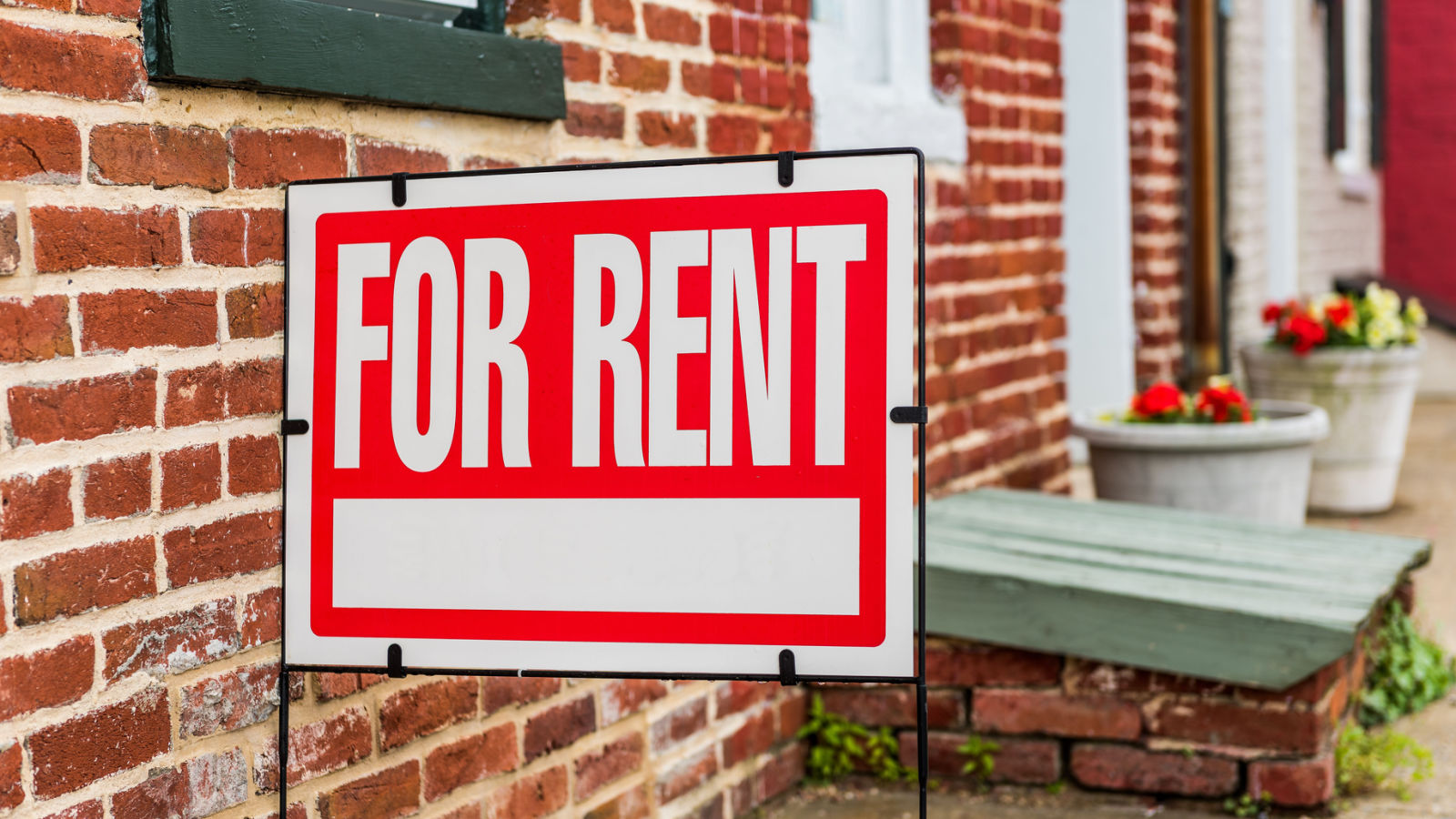
As more Canadian families choose multi-generational living to combat high housing costs, homeowners with larger properties are finding themselves in demand. Houses with basement suites, extra bedrooms, or adaptable layouts can command premium prices or rents. This trend allows homeowners to market their properties to a broader audience, increasing their leverage in negotiations. It also means those willing to share their space with family members can reduce living expenses while maintaining property ownership.
Access to Better Financing Terms

Homeowners with strong equity and solid payment histories often qualify for better loan rates and terms compared to renters. This access extends beyond mortgages to other forms of credit, giving them financial advantages in everything from business investments to vehicle purchases. Lenders view property owners as lower-risk borrowers, which translates into real savings over time. For Canadians looking to expand their financial portfolio, homeownership serves as a powerful foundation for negotiating favorable credit terms and leveraging capital at lower costs.
Ability to Downsize Profitably

With housing prices still elevated in many parts of Canada, homeowners can sell larger properties and downsize to smaller, more manageable homes while pocketing significant profits. This strategy is especially popular among empty-nesters and retirees, who can then invest the surplus or use it to enhance their lifestyle. Downsizing not only frees up capital but often reduces maintenance costs, property taxes, and utilities, making it a financial move that offers both immediate and long-term benefits, keeping homeowners firmly in control of their wealth and living situation.
Increased Remote Work Opportunities

The shift toward remote work has expanded where Canadians can live, enabling homeowners to sell in expensive urban markets and buy more affordable homes elsewhere while keeping the same job. This geographic flexibility has created new opportunities to cash in on high-demand city properties and relocate to scenic, lower-cost areas. By leveraging work-from-home arrangements, homeowners can both upgrade their lifestyle and bank substantial savings, which is a choice that renters, often tied to location by lease terms, cannot as easily make.
Growing Appeal of Rural and Small-Town Living

As more Canadians look for space, nature, and affordability, rural and small-town homes are gaining value. Homeowners in these areas are seeing increased interest from city dwellers willing to pay more for a slower pace of life. This trend boosts property values and creates new opportunities for homeowners to sell at a premium or rent to newcomers. Unlike in the past, rural properties are no longer seen as second-tier investments, and in many cases, they are outperforming urban markets in appreciation and demand.
Ability to Generate Short-Term Rental Income

Platforms like Airbnb and Vrbo have opened up new revenue streams for homeowners willing to rent out part or all of their property on a short-term basis. In tourist-heavy regions, this can be highly profitable, often covering mortgage payments and then some. Seasonal demand in areas like cottage country, ski resorts, and coastal towns gives owners flexibility to earn extra income without committing to long-term tenants.
Greater Stability in Uncertain Markets

Economic downturns, rent hikes, and housing shortages can hit renters hard, but homeowners with manageable mortgages enjoy far greater stability. They are less vulnerable to sudden housing changes, landlord decisions, or being priced out of their community. This stability allows them to plan for the future with confidence, knowing their living situation won’t change unexpectedly. Even during market slowdowns, their home remains both a shelter and a valuable asset that can be leveraged for other needs, keeping them financially and personally secure.
Control Over Property Decisions

Homeownership brings the freedom to make decisions about one’s living space, with everything from renovations to landscaping without landlord restrictions. This control extends to the financial side, such as deciding when to sell, rent, or refinance. Being able to adapt a property to changing needs or market conditions is a strategic advantage renters don’t have. In a fast-moving housing market, having full authority over a high-value asset gives homeowners a significant edge in shaping both their environment and their financial future.
Stronger Negotiating Position with Lenders
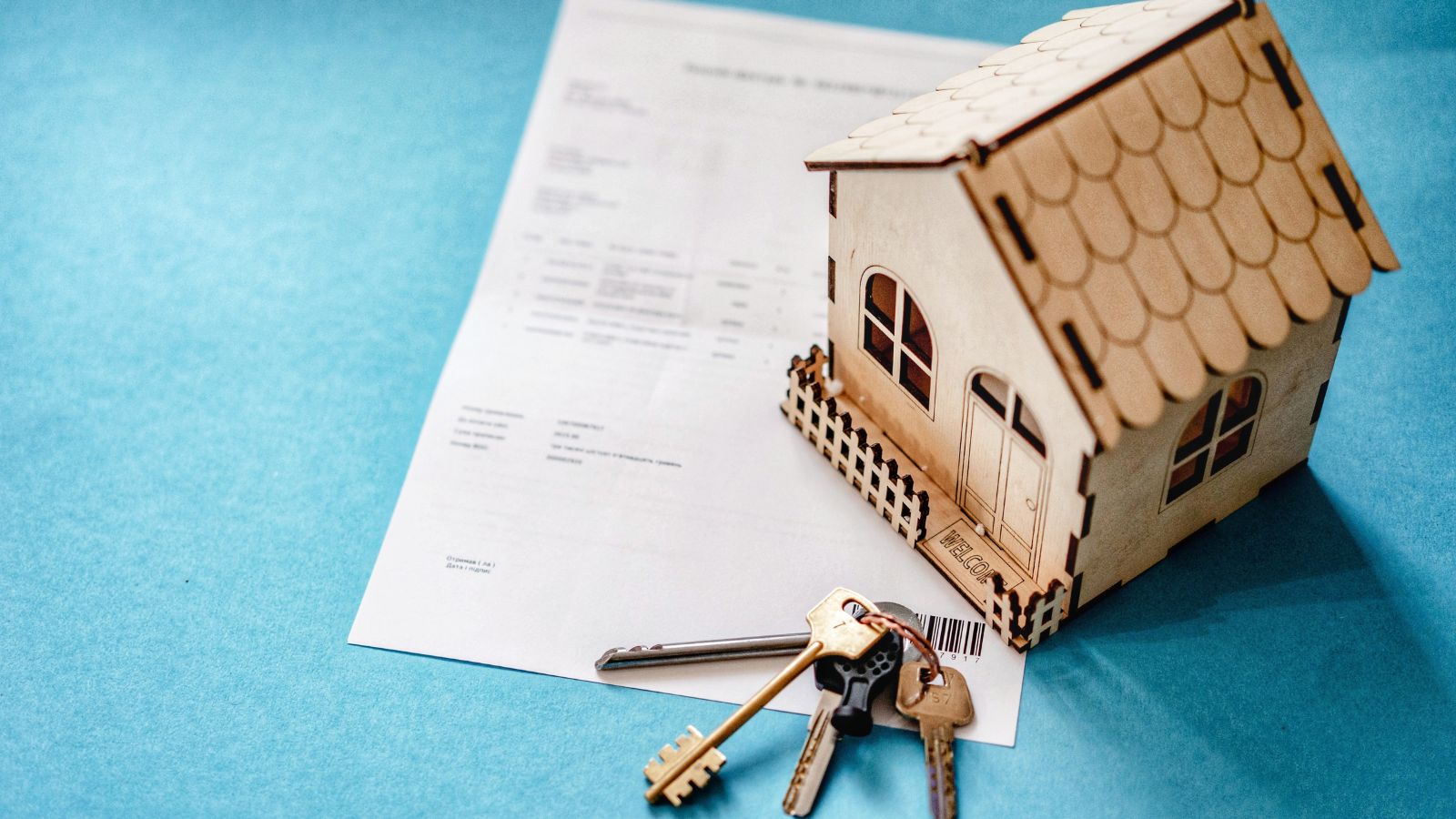
Homeowners with significant equity and a history of responsible payments can negotiate better terms with lenders. Whether renewing a mortgage, consolidating debt, or seeking new financing, their property ownership works in their favor. Lenders view them as lower-risk clients, which often leads to reduced interest rates and more favorable repayment structures. This negotiating power can save homeowners thousands over the life of a loan, which is another way their asset gives them ongoing leverage in the financial marketplace.
Peace of Mind and Long-Term Security

Ultimately, homeownership in Canada offers a level of security that’s hard to match. Knowing you own your home outright or are steadily building toward that goal provides peace of mind that rent receipts can’t. This stability supports better long-term planning, whether for retirement, education savings, or generational wealth. In an unpredictable economy, having a tangible, appreciating asset serves as both a practical necessity and a psychological comfort, as this combination of financial and emotional security keeps homeowners firmly in control, no matter what the market does next.
21 Products Canadians Should Stockpile Before Tariffs Hit

If trade tensions escalate between Canada and the U.S., everyday essentials can suddenly disappear or skyrocket in price. Products like pantry basics and tech must-haves that depend on are deeply tied to cross-border supply chains and are likely to face various kinds of disruptions
21 Products Canadians Should Stockpile Before Tariffs Hit
